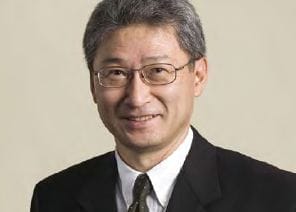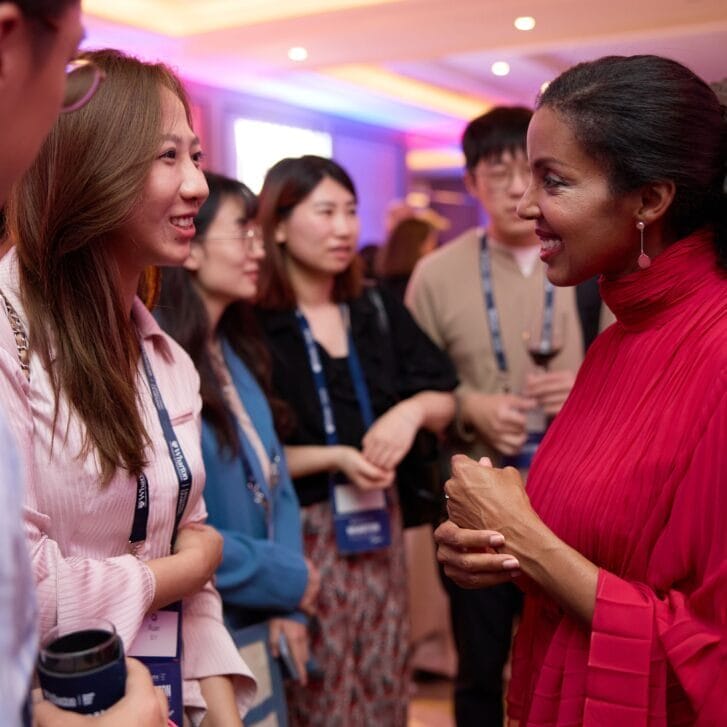Inspired, Lee offered to gather alumni together, but pulling together a complete alumni mailing list was challenging. The HanGlas Group executive seized the initiative and bought an ad in the most prominent Korean business newspaper to invite all Wharton graduates to dinner. Seventy-five people—including the Minister of Trade and Industry and several CEOs of large Korean companies—showed up.
Based on the success of the first dinner, the alumni reactivated the Wharton Club of Korea. Lee served for more than 10 years as president of the club, raising Wharton’s profile to the extent that Korea is the fourth-largest source of MBA students (after the U.S., China, and India). The Wharton Club of Korea now has more than 300 members.
Since that time, Lee has faced the issue of globalization from two perspectives. First, as CEO and president of HanGlas Group, he restructured the glass-making firm to allow his nationally dominant company to compete in the burgeoning Northeast Asian market. And second, as a charter member of the Wharton Executive Board for Asia, he has helped Wharton expand its global presence.
After graduating with a Wharton MBA and working at Citibank, Lee returned to South Korea as finance director for HanGlas Group, which had been co-founded by his father amid the devastation of the Korean War. At that time, the company had annual of sales of US$35 million. By 1995, Lee was the CEO, and HanGlas was a billion-dollar corporation.
Although the company was profitable, he believed it faced considerable risk. Its debt level was high, and it was facing competition from Chinese imports. He identified two core businesses—architectural and automotive glass—and decided to restructure, investing internationally in those core areas, and selling off HanGlas subsidiaries that manufactured other products. The restructuring was completed in November 1997, and the financial crisis hit Korea by December. With a lean operation and negative debt, the company withstood the turmoil and even consolidated its position.
To further shore up its global competitiveness, in 1998 Lee expanded a business association with Saint-Gobain Group, a French-based glass and building materials giant, into a full strategic alliance. Lee has served as chairman since 2000. Throughout his professional endeavors, Lee has continued his activities for the Wharton Executive Board for Asia.
Since he reconnected with Wharton in 1988, he has created a scholarship program under the sponsorship of HanGlas Group for MBA students from emerging economies, including China, Colombia, and Russia. In 1999, Lee served as the Chairman of the Organizing Committee for the successful Wharton Global Alumni Forum held in Seoul.
He has been active in developing a culture of giving among his fellow Wharton alumni in Asia. Rather than waiting for decades to become involved, Lee encourages recent graduates to begin giving back in smaller sums immediately. During the last fund-raising campaign, Lee was the Chairman of the Development Committee of the Executive Board of Asia. Under his leadership, donations from Asian alumni grew exponentially and contributed materially to the success of the campaign.
In 1994 Lee received the Wharton Alumni Award for Distinguished Service, an award that has been given only 36 times in the history of the school. He has also been honored twice by the French government with the Chevalier and Officier de la Legion d’Honneur because of his work in promoting Franco-Korean business ties.
“My two years at Wharton meant a lot to me personally, and ever since I graduated, it has meant a lot in terms of my professional career,” explains Lee. “My involvement is a small way of repaying my indebtedness to the school.”


























